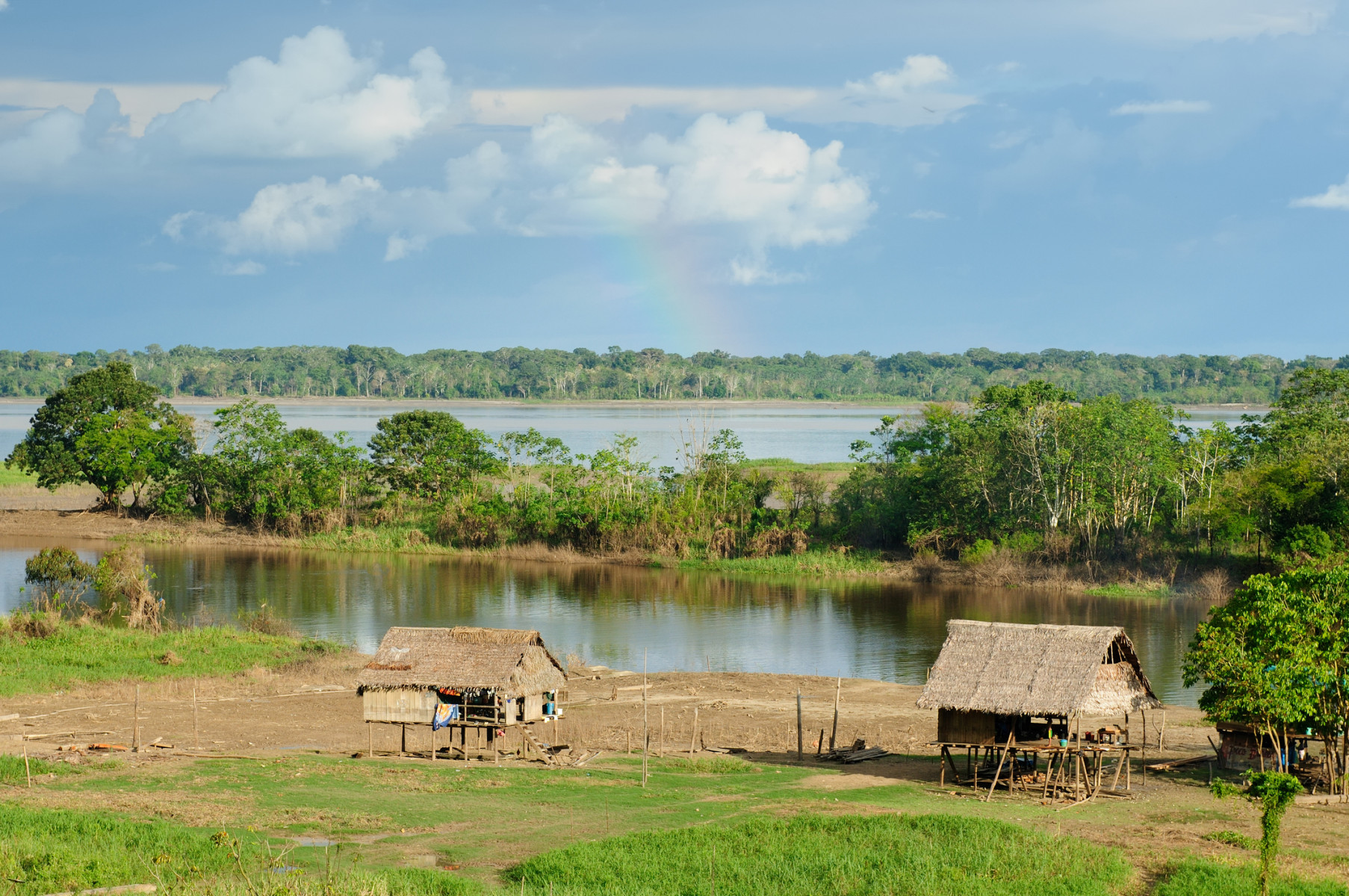Researchers at the Global Development Institute (GDI) have been awarded c£1.3 million by the Ford Foundation to establish a research observatory studying the role land rights play in a just transition to a decarbonised future.
A team of GDI researchers will lead the observatory’s activities alongside co-investigators at the University of Ghana, the National Autonomous University of Mexico, and the Federal University of Pará in Brazil.
Teams at the respective institutions will explore if, how, and under what socioeconomic and political conditions land rights reduce inequalities experienced by communities. They will also examine the environmental benefits in forest landscapes affected by decarbonisation processes. The observatory will specifically address a lack of knowledge surrounding the role of land rights in simultaneously conserving forests, securing livelihood benefits, and advancing decarbonisation agendas.
Dr Johan Oldekop, Reader in Environment and Development, and Dr Charis Enns, Presidential Fellow in Socio-Environmental Systems, will act as joint principal investigators for the project. Dr Oldekop explains: “We are seeing increasing competition for land to support rights for Indigenous Peoples and Local Communities (IPLCs), nature conservation and restoration, as well as mining linked to the green energy transition. Understanding how these demands intersect, and how communities can benefit while forests are protected and restored is essential to support more just environmental futures.”
GDI’s team will build on a sustained and world-leading record of environment and development research within the Institute. Most notably, the ongoing Sustainable Forest Transitions project that is exploring the effects of reforestation drivers on both forests and rural poverty, while the recently launched Just Earth Observation for Conservation project is interrogating the social risks and benefits of increased use of data in conservation. Members of these project teams have already published impactful research, including a recent Nature Ecology and Evolution paper assessing the ecological and social impacts of Indigenous territories in Brazil.
Taking place over 3.5 years, the observatory team will combine large-scale geospatial and socioeconomic analyses with in-depth qualitative case studies in Mexico, Brazil and Ghana. A separate stream of work will aim to identify evidence gaps, expanding the thematic and geographical remit of the observatory to regions such as Indonesia or South Africa.
The award will also support Ghana-based researchers exploring the relationship between political settlements and the Just Energy Transition in Africa. Project lead Dr Abdul-Gafaru Abdulai, Associate Professor in the Department of Public Administration at the University of Ghana Business School and Honorary Research Fellow at GDI, explains: “The observatory represents a significant opportunity to develop our understanding the contested forests of Ghana, while strengthening ties between GDI and the University of Ghana. Bringing together big data, which will highlight changes in forest cover, land rights and socioeconomic indicators, together with an in-depth political economy analysis of what is driving these changes will help us to identify and champion approaches that benefit both people and the environment.”
Read more about research covering resources, environment and development within GDI.
